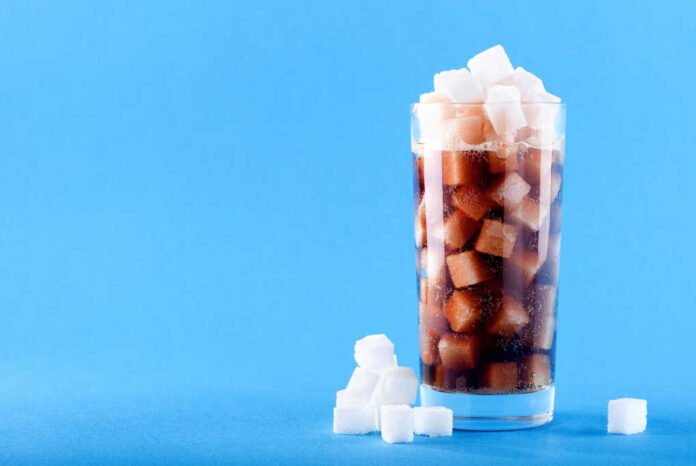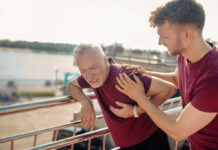
Atrial fibrillation (AFib) stands as the primary cause of stroke in the United States, with connections to more severe stroke outcomes compared to other causes, according to the US Centers for Disease Control and Prevention.
A recent study suggests a potential link between the consumption of soft drinks containing sugar or artificial sweeteners and an increased risk of AFib, a heart rhythm disorder known for its association with blood clots and strokes.
- Researchers indicate that consuming over two liters per week of sweetened beverages may elevate the risk of irregular heart rhythms, particularly with drinks containing artificial sweeteners.
- Conversely, the intake of one liter or less of pure, unsweetened juice per week appears to be associated with a lower risk.
- In light of these findings, healthcare professionals advise limiting the consumption of sweetened drinks and opting for healthier alternatives such as water.
Potential Health Risks
A recent study published in the journal Circulation: Arrhythmia and Electrophysiology revealed a correlation between beverage consumption and atrial fibrillation (AFib). Researchers observed that individuals who consumed 2 liters or more per week of sugar-sweetened beverages faced a 10% higher risk of AFib. Those who drank 1 liter or less of pure fruit juice per week experienced an 8% lower risk of AFib.
AFib, characterized by irregular heart rhythms, can lead to compromised heart function and increased susceptibility to strokes and other cardiac issues.
Examining data from approximately 200,000 individuals in the UK Biobank, researchers identified 9,362 cases of AFib over a 10-year period. They found that individuals who consumed more artificially sweetened beverages tended to be female, younger, overweight, and have type 2 diabetes. Conversely, those with higher sugar-sweetened beverage intake were more likely to be male, younger, overweight, and have a history of heart disease and lower socioeconomic status.
Why Diet Beverages Increase Afib Risk
The potential link between diet soda consumption and increased atrial fibrillation (AFib) risk is attributed to certain chemicals present in these beverages.
Dr. John P. Higgins, a sports cardiologist at McGovern Medical School at UTHealth in Houston, points out that monosodium glutamate (MSG) and aspartame, commonly found in diet drinks, are identified as excitotoxins for cardiac tissue. These substances may contribute to the development of “lone” atrial fibrillation, which refers to AFib occurring in the absence of conditions like hypertension, heart failure, or coronary artery disease.
Diagnosis and treatment of A-fib
Diagnosis and treatment of atrial fibrillation (A-fib) can present challenges due to its often paroxysmal and asymptomatic nature. Traditional monitoring techniques may not always detect it, necessitating prolonged rhythm monitoring.
Treatment approaches are individualized based on various factors, including the duration and severity of symptoms and underlying causes of A-fib. Typically, treatment goals involve addressing stroke risk by using blood-thinning medication, implementing rhythm or rate control strategies through medications or invasive procedures, and adopting healthy lifestyle changes to manage risk factors.



















